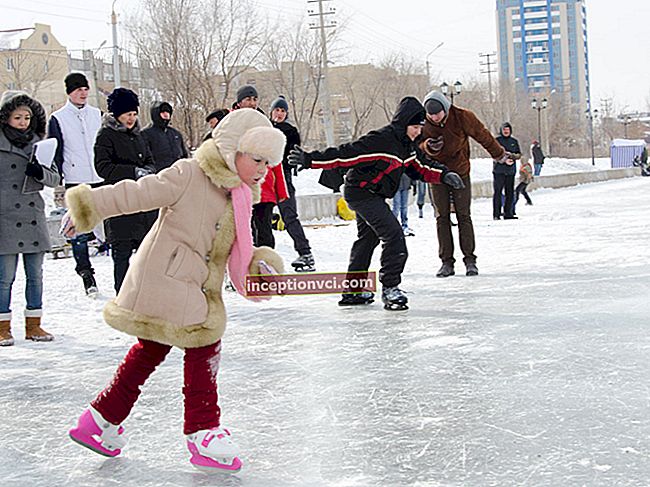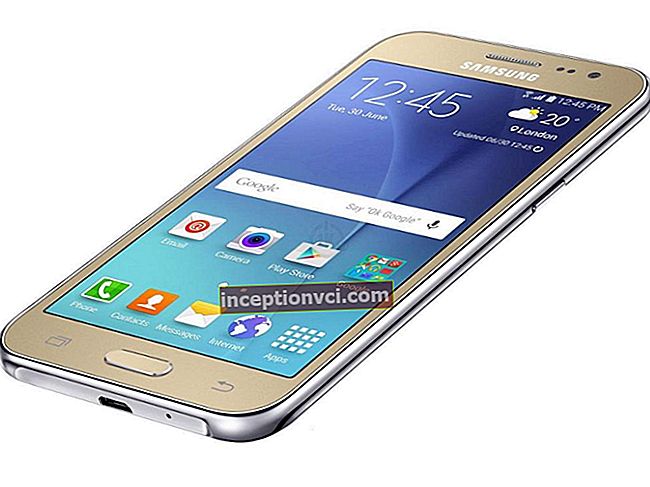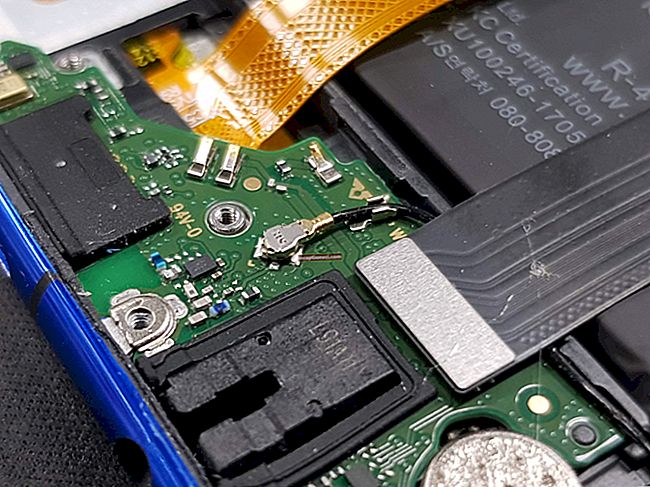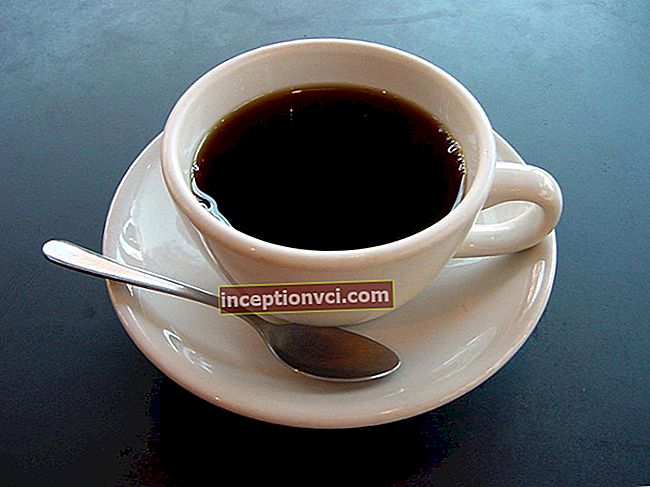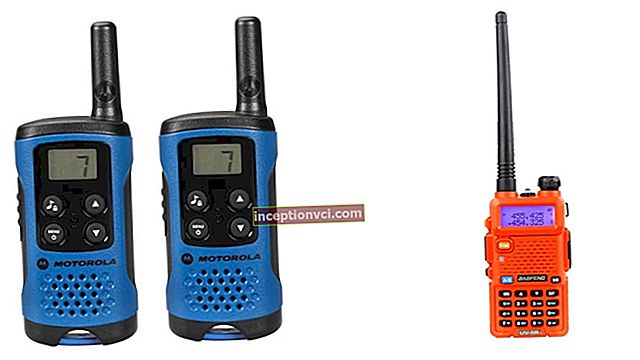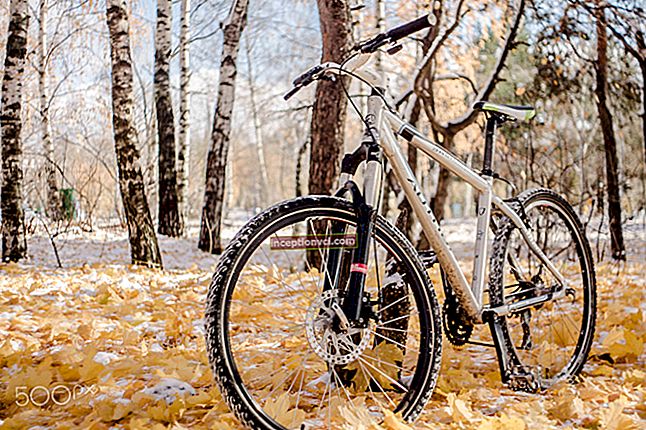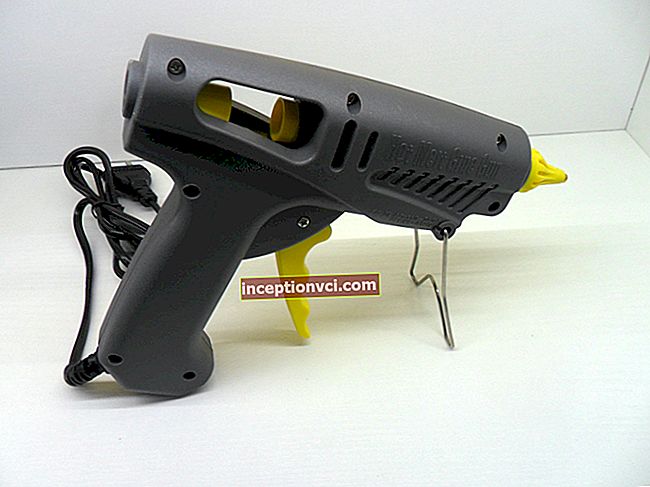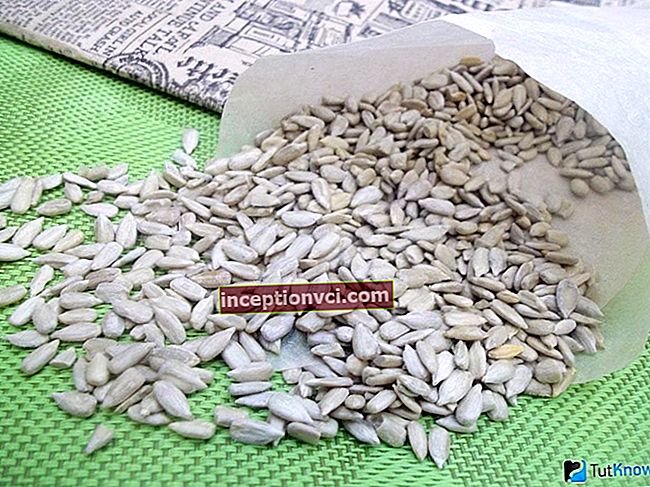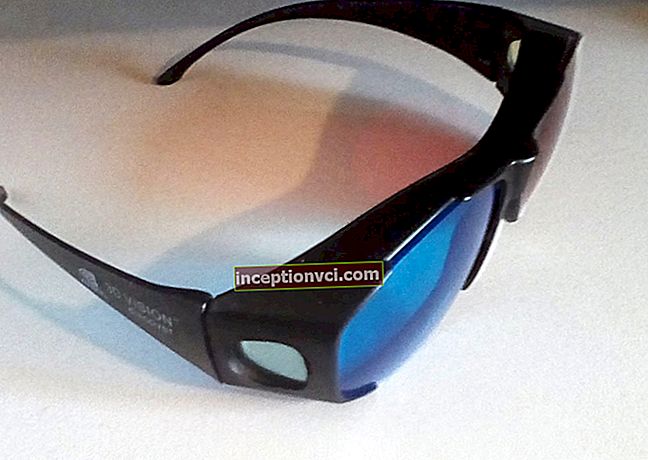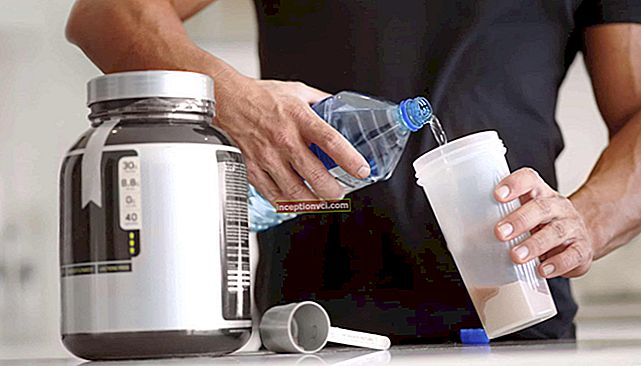The question, of course, is an interesting one: "Which is better?" My parents have an instantaneous water heater and it is only good for washing the dishes and washing with a thin stream. A little more pressure - the water is cold. They no longer dream of a hot shower, so they decided for themselves: to rinse the dishes, the spout is beneficial; wash - boiler.
I also have a flow at home and it suits me perfectly. The appliance heats up the water instantly. Both in the bathroom and in the kitchen. The boiler is not a competitor in this regard, it takes time for boiling water to appear.
So which is more profitable - a boiler or a flow heater ?! The conclusion is NOT obvious. Until you clear up 5 questions for yourself.
Water heater size: roomy or compact?
System flow channels (pressure) the size of A4 sheet. They work simultaneously with various types of mixers - washbasin, kitchen sink, shower. Some models are built into furniture, others are hidden in the system. They are powerful. They are installed only if there is reinforced wiring in the house, and stable 380V in the network.

Non-pressure models are the most compact. They work only for one point of water intake and are equipped with their own tap, watering can or a set of tap + shower.
Rectangular boilers and Slim models (narrow) take up less space than oval and cylindrical ones.

Suitable for a small bathroom with horizontal installation. These are hung from the ceiling to save usable space.
Watch a video review of the Electrolux EWH Royal boiler
House wiring: reinforced or old?
If in the house, when the electric kettle is turned on, the light clearly dims, such wiring will not pull the heating of the water on the flow heater. Especially in winter, when the cold stream becomes icy. 5-7 kW - a reliable power reserve of the flute. Such a device should be installed if the house has a powerful power line - 230-250 W. Reinforced. Carried out to the apartment, to the apartment and even to the common dashboard. Then the flute is fine. Choose by two parameters, see the table.
| Productivity (l / min) | Power (nominal, kW) |
|
|
For a boiler, power is not the main thing. If you use water sparingly and choose the right size of the tank, autonomous water heating will cost 1.5 times less than centralized. True, the jet is heated not on the stream. Will have to wait. Or calculate the optimal volume of the tank so that the boiling water does not run out. See the table.
| Boiler capacity | Number of people in the family |
| 10-50 liters | 1 person |
| 50-80 liters | 2 persons |
| 80-120 liters | 3 persons |
| 120 and more liters | for a large family |
Water quality: hard or moderate?
Scale is a breeding ground for microbes. And a killer of household appliances. In boilers, water stagnates, and when heated to 50-70 ° C, it often becomes musty. As a result, the tank rusts and collapses faster. There is no such problem in tiny ducts, the water flows by gravity and does not deteriorate.
In order not to miscalculate with the purchase of a drive, look at the type of heating element.
- "Dry" (separated from water by a flask or capsule) will last longer. For such models, the warranty is up to 8 years. But in terms of cost, they are more expensive than analogues in contact with moisture.
- "Wet" (immersed in water) breaks down more often and such models have to be cleaned once a year, and the anode must be changed every one and a half. The manufacturer's warranty ranges from two to five years.

Energy consumption: who is "more gluttonous" - a water heater or a boiler?
Reinforced wiring is one thing. The energy content of the heaters is different. Both appliances use the same amount of electricity.That's just a nuance.
- The protochnik turned on - the water was immediately heated. Turned off - it is not heated.
- The boiler has hot water heating around the clock. The energy consumption to keep warm comes at a pretty penny. The accumulator loses 1-2.5 kW of heat per day (depending on the thickness of the insulation in the tank). This is up to 60 kWh per month. Even economical German boilers (AEG, Stiebel Eltron) still consume electricity for heating. And 30-40 kW per month are wound extra.
Therefore, if you have electric heating, an electric stove and a lot of electrical appliances in your house, you run the risk of exceeding the electricity consumption limit. In Ukraine, it is 600 kW. You will have to pay for electricity three times more. It's another matter if two or three tariff meters are installed. You can heat water at night when the cost of electrics is up to 40%.
Watch the video review of the THERMEX IF boiler
What is more convenient to use: a boiler or a water heater?
There are no problems with the drive. I got used to contemplating it and do not notice, if only it was hot in the tap: I unscrewed more or less, added cold. But with a protochnik not everything is so simple. If the pressure model (the one that is built into the system), like the boiler, works automatically, then the pressureless one will have to be regulated.
- I put it in with a large flow, the water went colder.
- Slower - it got hotter.
If in the house or in the country there is a pumping station in which the pressure jumps with large fluctuations, troubles are obtained with the flower:
- when the pressure in the pipe drops, the jet flows more slowly and becomes hotter;
- pumped up the pump, the pressure increased - the water is cold. Imagine if at this moment you are standing in the shower: it burns, then it is cold. You will not envy.
Instantaneous heater or boiler: table
| Protochnik | Boiler | |
| "Pros" |
|
|
| "Minuses" |
|
|
Read: "How to Choose a Mixer for Any Interior Design"
See an overview of the flowing Timberk Primalux WHEL
